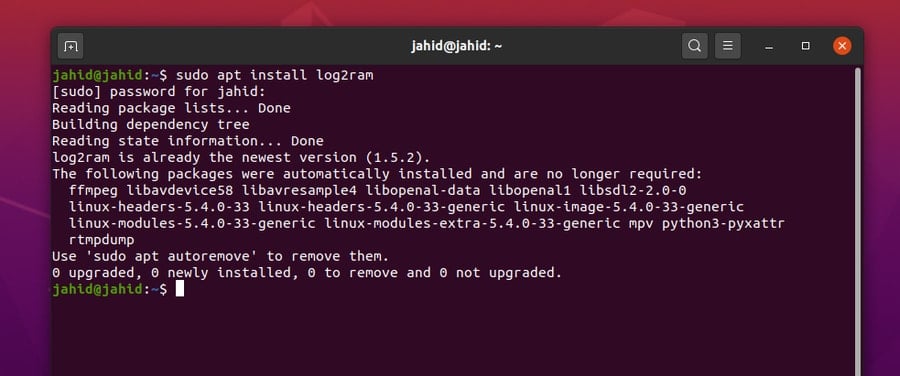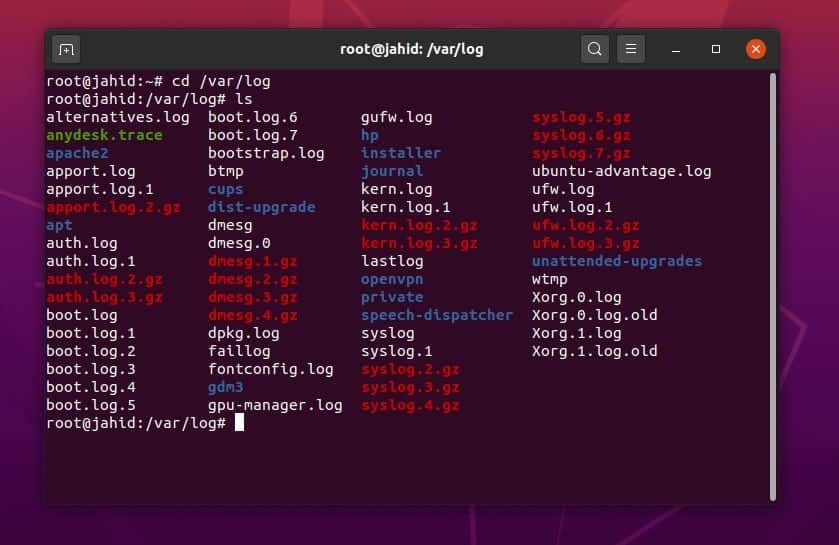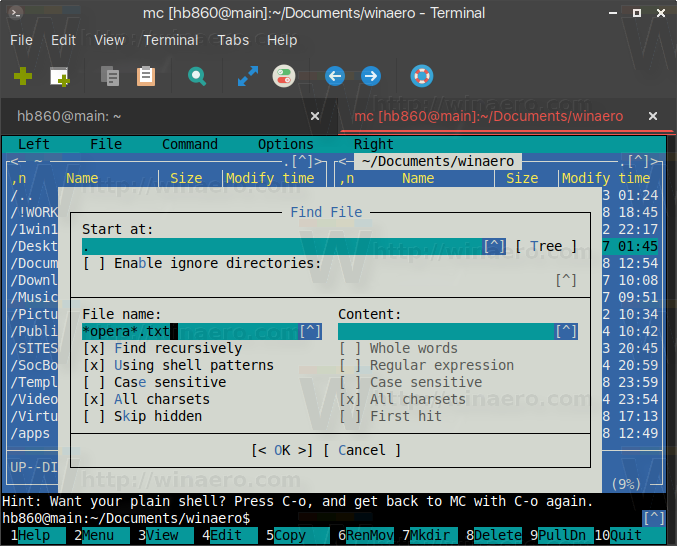

The default screen shows console errors, but you can go through other folders for other reports.
#FIND LOG FILES IN LINUX MAC#
Namespaces"."created_at" DESC, "namespaces"."id" DESC LIMIT 1 ]ĬACHE (0.0ms) SELECT "members".* FROM "members" WHERE "members"."source_type" = 'Project' AND "members"."type" IN ('ProjectMember') AND "members".The Console app is basically the Mac version of Event Viewer for Windows, and you can access it via Finder or Spotlight search. Line breaks were added to examples for legibility: Requests from the API are logged to a separate file in api_json.log.Įach line contains JSON that can be ingested by services like Elasticsearch and Splunk. It contains a structured log for Rails controller requests received from Installations from source: /home/git/gitlab/log/production_json.log.Omnibus GitLab: /var/log/gitlab/gitlab-rails/production_json.log.Log type Managed by logrotate Managed by svlogd/runit Alertmanager logs No Yes crond logs No Yes Gitaly Yes Yes GitLab Exporter for Omnibus No Yes GitLab Pages logs Yes Yes GitLab Rails Yes No GitLab Shell logs Yes No Grafana logs No Yes LogRotate logs No Yes Mailroom Yes Yes NGINX Yes Yes PgBouncer logs No Yes PostgreSQL logs No Yes Praefect logs Yes Yes Prometheus logs No Yes Puma Yes Yes Redis logs No Yes Registry logs No Yes Workhorse logs Yes Yes production_json.logĭepending on your installation method, this file is located at:

The logrotate service built into GitLabĮxcept those captured by runit. The following table includes information about what’s responsible for managing and rotating logs forĪre written to a file called current.

#FIND LOG FILES IN LINUX HOW TO#
This guide talks about how to read and use these system log files. System log files are typically plain text in a standard log file format. The log system is similar to audit events. GitLab has an advanced log system where everything is logged, so you can analyze your instance using various system logįiles.


 0 kommentar(er)
0 kommentar(er)
